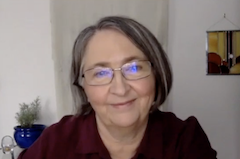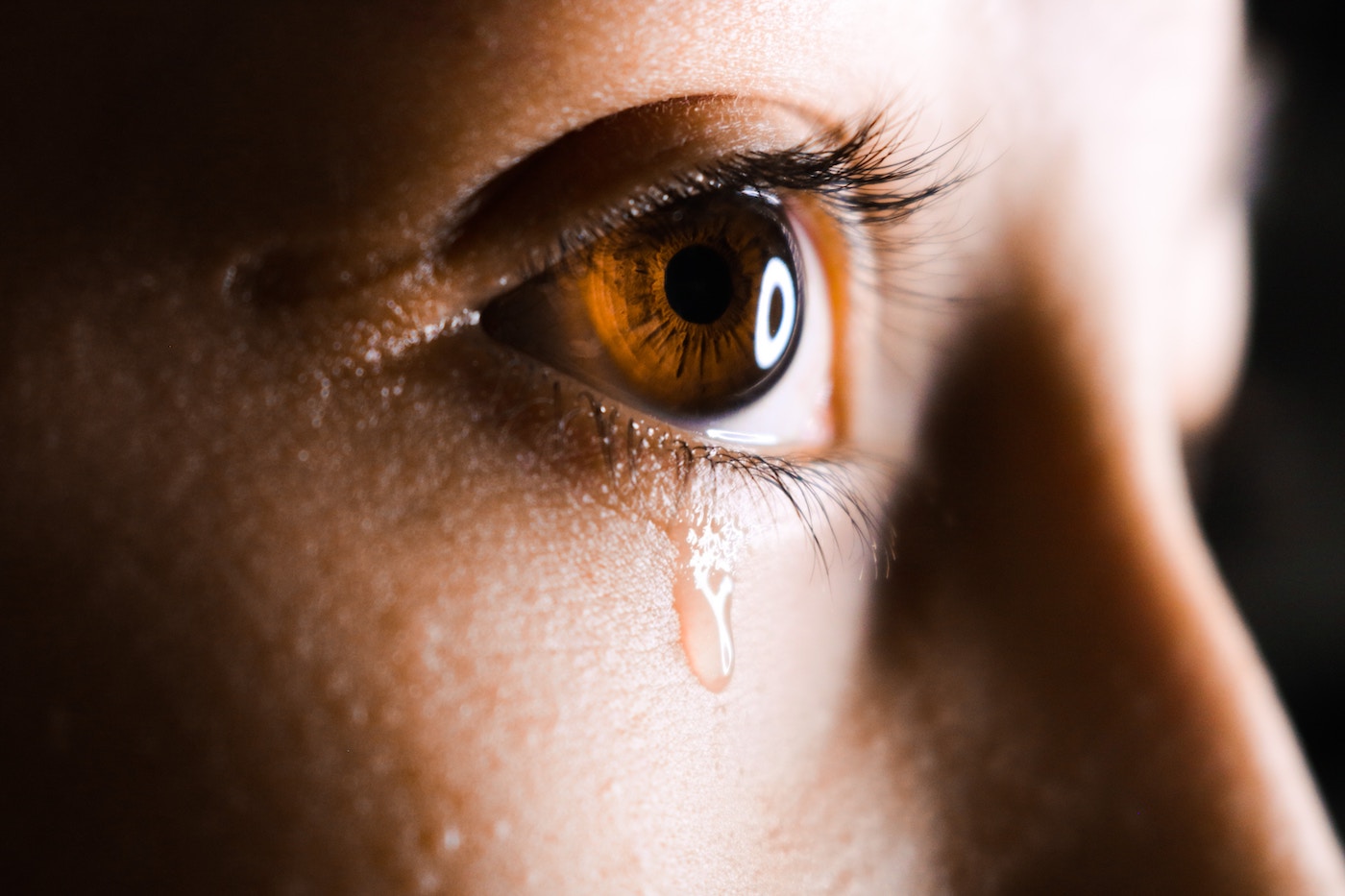We are cheated out of childhood when our experience is one of fear, abuse and neglect. Before we move into understanding and compassion and into being reasonable and fair, we need to acknowledge the truth of our own experience.
I was cheated out of feeling happy and secure. I was afraid for my life. I was ridiculed and shamed. I didn’t belong. I felt unloved and believed it was my fault. My body was violated. I was abused. My brain didn’t develop the networks for connection and safety because I was alone and afraid. No one was in my corner and to this day I have trouble trusting people. My childhood sucked!
Looking at those words, what is your response in your heart center and in your gut? Anger? Despair? Self-loathing? Shame? Compassion? Turning away?
Children are pretty resilient and many people with childhood Developmental Trauma go on to have reasonably successful lives and happy lives. At some point, we are drawn to healing work. Maybe we’re diagnosed with an auto-immune disease or cancer. Our anxiety blooms into panic attacks. We’re low level depressed and struggling to find meaning in life.
Do you know your Adverse Childhood Experiences Score (ACES)? If not, learn more about it here. The original ACE study was initiated in the 90’s by Kaiser (medical insurance company) and the CDC (US government Center for Disease Control) when they asked adults ten questions about their childhood and looked for the impact in their adult lives. High ACES scores are associated with many diseases like diabetes, cancer and obesity, addictions, increased violence, and lower financial security.
Knowing our ACES score is another piece of the puzzle and helps to put our childhood in perspective. What happened to us and how we responded was not a failing on our part. We weren’t bad or fundamentally flawed. We were children. What happened was the responsibility of adults who were supposed to care for and protect us. Our responses and actions, largely driven by the primitive brain and survival system of fight/ flight/ freeze/ fawn, were an attempt to make things better and to survive.
We learn about intergenerational trauma and have a perspective to understand what was going on with our parents and why they failed us. We may find compassion for them and that is reasonable in its time. We may be triggered into shaming ourselves for our own parenting. That happened because of unhealed childhood trauma. Try to set that aside to work with later. Right now, we are focused on grieving losses due to our own childhood trauma.
We reach out and begin to understand the effect of trauma. For me, it was through Dr Peter Levine when I had PTSD in 2005. Seven years later Dr Gabor Maté was an early resource about Developmental Trauma that started years of deep study. The Living Inquiries allowed me to safely stay present with memories of childhood trauma and release stored trauma from my body. Yoga and deep relaxation practices have largely healed my nervous system.
Before compassion can arise naturally, we need to grieve our losses. We don’t have to hate our parents, other perpetrators or ourselves. Even when we understand the why, our anger is legitimate. Their parenting was not “good enough” and we were hurt. We can’t bypass or skip over that. It is appropriate and healing to grieve our losses.


